 Donate Now
Donate Now
In partnership with the local Church, Okoa Refuge exists to glorify Christ through stabilizing the family unit and transforming entire communities.
Donate NowSchools around the world have different teaching styles, school buildings, and education standards than what we’re used to here in America. Many of our partners are curious about what school looks like for the Ugandan communities we serve. While access to education in Uganda is limited, we know what a typical school day looks like, what barriers students face, and how education can impact lives for the better. If you want to know about education in Uganda and how you can help improve access, read this guide to learn more!
School in Uganda looks a lot different than what you may be used to in the US. School typically starts around 8 or 9 AM for the children of Uganda, but they’ll be up much earlier than that. In rural areas, the children are expected to wake up at 6 AM to help with the daily chores, such as fetching water or tending to the garden, before school begins. Once they’ve completed their tasks, they’ll get dressed in their uniforms and head to school.
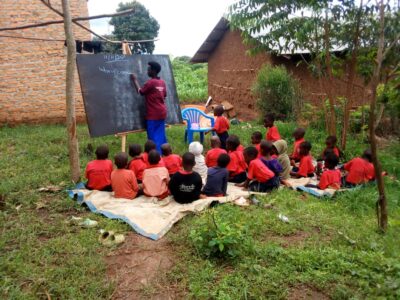
Depending on their location, the school itself will vary. Some schools in Uganda are boarding schools and have dormitories where the children live during school season. Other schools have a building, desks, and facilities for the children to enjoy as they learn. Poorer, more rural areas may conduct school under the shade of a tree with the guidance of a few teachers to keep the children alert in the outside environment.
Uganda divides schooling into three stages: primary, lower secondary, and upper secondary. Collectively, these stages of education take 13 years to complete, and some children may choose to continue their education in tertiary schooling which can range from 3 to 5 additional years.
Much like teachers in America, the teachers of Uganda are very involved in the children’s lives, and schools are often the heart of a community for events and socialization. A Peace Corps volunteer described the relationship between students and teachers as akin to an aunt or uncle, providing comfort and guidance to the students when needed.
At the end of the school day, depending on whether the school has dormitories or not, the children will either return home to their families or find their bed in their dorm. School days typically end around 5 PM, so students will have the evening to complete any chores, do their homework, and get some rest before the next day.
One of the challenges facing Ugandan communities is the lack of access to education. While tuition for primary school is covered by the government, only 1 in every 4 children to start primary school will make it the lower secondary school.
There are several barriers for Ugandan children to access education. For one, many of their families cannot afford tuition after primary school. The UNICEF estimates that nearly 60% of children do not go forward in education due to monetary concerns.
There is also an unfortunate problem in Ugandan schools of physical and sexual abuse. Despite caning being against the law, over 50% of Ugandan teachers reported caning their students. Of the 47% percent of children who reported being inappropriately touched, the perpetrator was a teacher one-third of the time.
Young girls and women are at a higher risk of facing barriers to their education. Many girls in Uganda drop out of school due to child marriage, and pregnancy accounts for 8% of girls who drop out from their studies.
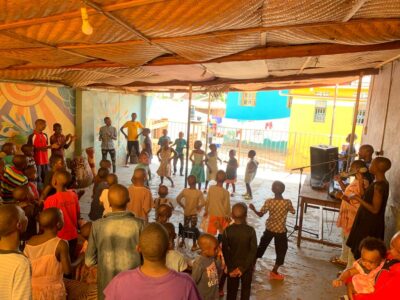
Children are the future of a nation. It is crucial that they receive the proper education to become successful later in life to break the cycle of poverty in their own families and communities. Education opens doors for these children that they would not have had access to before—such as post-secondary education, starting a business, and more lucrative employment opportunities.
The USAID provides easy access to HIV and AIDS education and prevention to children in Ugandan schools and teaches the signs of school-related gender-based violence to help children identify abuse. For young girls and women, education protects them from becoming young wives, mothers, or human trafficking victims. When the barriers to education are overcome, Ugandan children who complete their studies thrive.
At Okoa Refuge, we know how important it is for children to have access to school. That’s why we prioritize education in our mission to serve Ugandan communities. When a child comes into our Residential Child Rescue Center, we ensure that they will have access to education—whether Okoa becomes their home or they find their forever family. We cover tuition fees for all the stages of schooling so that there is no financial barrier to completing their studies.
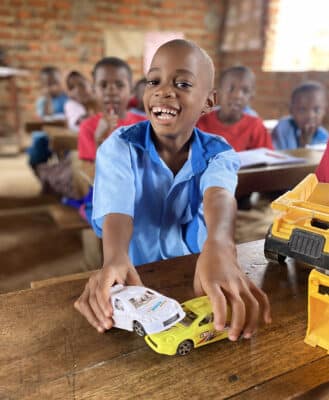
Our community centers also provide vocational training for adults who may not have the ability to continue their formal education. This way they can become self-sufficient through other means of education. We also build Bible Schools for those interested in Biblical education; some of these students go on to become pastors and missionaries in their local communities.
For young women and girls who have experienced gender-based violence at the hands of the school system, our gender-based violence shelters provide a safe space for these girls to physically, emotionally, and spiritually heal. If they decide to continue their education after their stay with us at the shelter, we’ll work out a plan with them to best aid their success.
While there have been some major strides in Ugandan education through the efforts of organizations like Okoa Refuge, the fight for easy access to education in Uganda is far from over. There are still several barriers young boys and girls face in completing their studies and breaking out from the cycle of poverty. If you would like to join in this fight to provide education in Uganda, you can partner with Okoa by joining a specific child’s care team or becoming a monthly donor. Together, with the help of your contribution, we can help change the lives of children in Uganda through education.